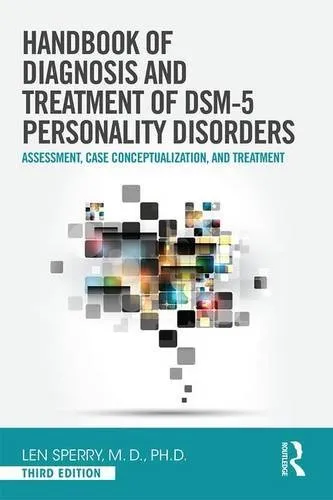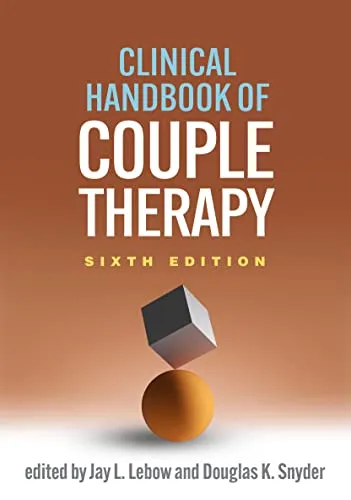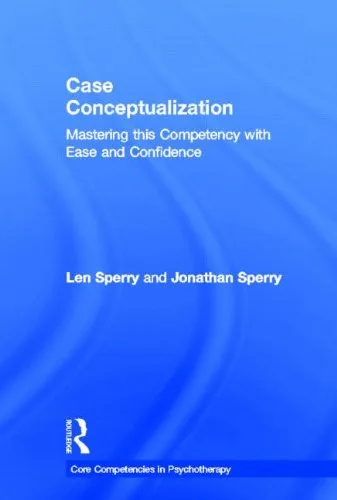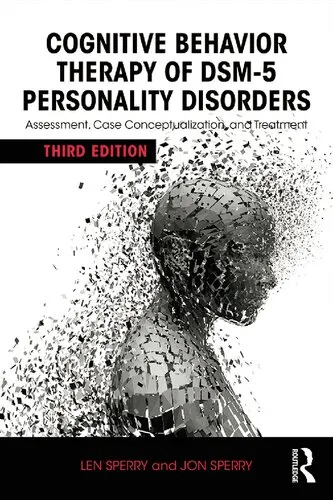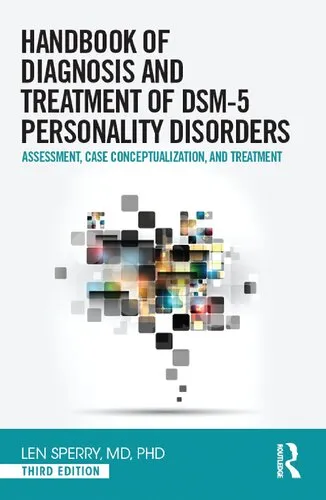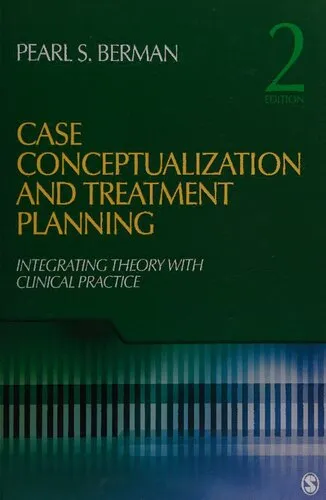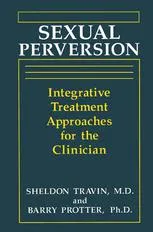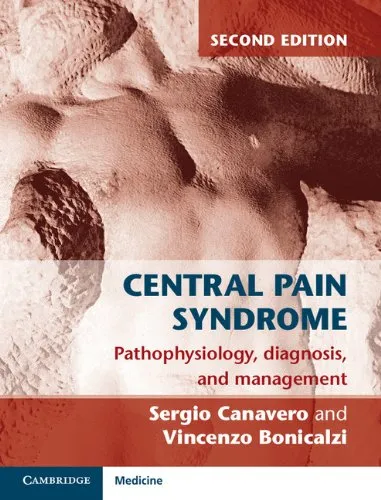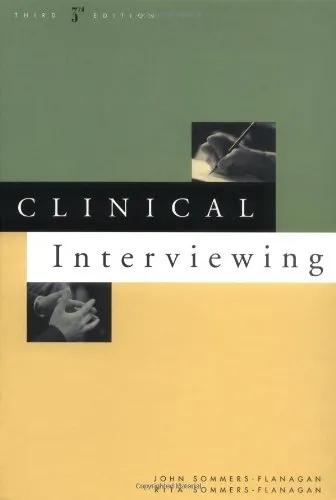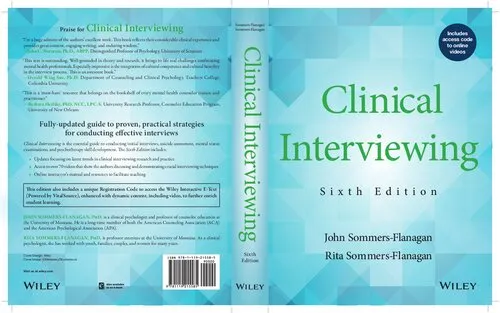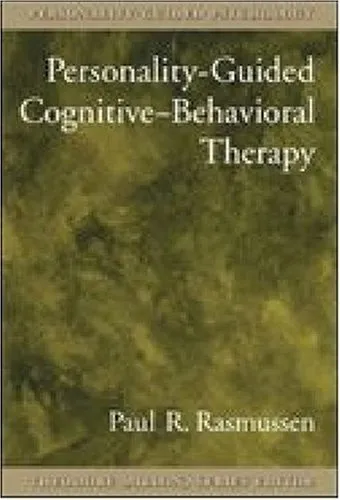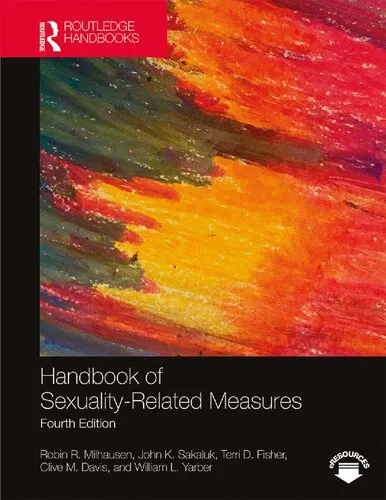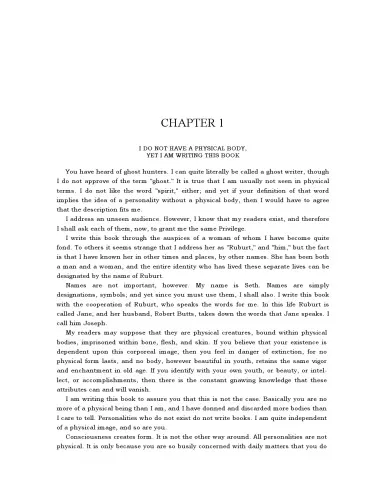Handbook of Diagnosis and Treatment of DSM-5 Personality Disorders: Assessment, Case Conceptualization, and Treatment
4.8
بر اساس نظر کاربران

شما میتونید سوالاتتون در باره کتاب رو از هوش مصنوعیش بعد از ورود بپرسید
هر دانلود یا پرسش از هوش مصنوعی 2 امتیاز لازم دارد، برای بدست آوردن امتیاز رایگان، به صفحه ی راهنمای امتیازات سر بزنید و یک سری کار ارزشمند انجام بدینکتاب های مرتبط:
معرفی کتاب: Handbook of Diagnosis and Treatment of DSM-5 Personality Disorders
کتاب Handbook of Diagnosis and Treatment of DSM-5 Personality Disorders منبعی جامع و کاربردی است که به بررسی عمیق اختلالات شخصیت در چارچوب DSM-5 میپردازد. این کتاب برای متخصصان سلامت روان، مشاوران و درمانگران طراحی شده است تا از طریق روشهای ارزیابی، مفهومسازی موردی و درمان مؤثر، به بهبود کیفیت زندگی افراد مبتلا به این اختلالات کمک کند.
خلاصهای جامع از کتاب
این کتاب از سه بخش اصلی تشکیل شده است: ارزیابی، مفهومسازی موردی، و درمان اختلالات شخصیت. در بخش ارزیابی، نویسنده بر ابزارها و تکنیکهای تشخیصی مبتنی بر DSM-5 تمرکز میکند، از جمله نحوه تشخیص دقیق و شناسایی الگوهای پایدار رفتاری. در بخش مفهومسازی موردی، تمرکز بر درک الگوهای روانشناختی و محیطی زندگی افراد بیمار است. این بخش به درمانگران کمک میکند تا برنامه درمانی شخصیسازی شدهای برای هر بیمار طراحی نمایند. بخش سوم، تمرکز ویژهای بر تکنیکهای درمانی مبتنی بر شواهد، شامل درمان شناختی-رفتاری (CBT)، درمان مبتنی بر طرحواره (Schema Therapy) و دیگر رویکردهای نوین دارد.
این کتاب همچنین شامل مثالهای واقعی از موقعیتهای درمانی است. این نمونهها برای کمک به خوانندگان در درک بهتر چالشها و ارائه راهحلهای عملی برای مشکلات رایج طراحی شدهاند. بهطور کلی، این اثر ترکیبی از علم، هنر و تجربه در درمان اختلالات شخصیت را در اختیار خواننده قرار میدهد.
نکات کلیدی کتاب
- آشنایی با طبقهبندیهای DSM-5 و نحوه استفاده از آنها در تشخیص اختلالات شخصیت.
- یادگیری نحوه طراحی مفهومسازی موردی با استفاده از اطلاعات شخصی و بالینی بیمار.
- ارائه تکنیکهای درمانی مبتنی بر شواهد، از جمله CBT، DBT و Schema Therapy.
- راهنمای گامبهگام برای ارزیابی و مدیریت چالشهای رایج در درمان افراد مبتلا به اختلال شخصیت.
- بهرهگیری از مثالهای واقعی برای یادگیری عملی و تطبیق در موقعیتهای درمانی.
نقل قولهای معروف از کتاب
"Effective diagnosis and treatment of personality disorders require not only technical expertise but also a deep understanding of human experience and behavior."
"Case conceptualization is not a rigid framework but a dynamic process that evolves as we understand the complexity of the patient."
چرا این کتاب اهمیت دارد؟
مقایسه با دیگر منابع موجود درباره اختلالات شخصیت نشان میدهد که این کتاب به دلیل جامعیت محتوایی و ساختار کاربردی خود، از جایگاه ویژهای برخوردار است. این کتاب تنها به مرور نظریهها و طبقهبندیها اکتفا نمیکند، بلکه وارد حوزههای عملی و چگونگی اجرای مؤثر درمان میشود. دنیای سلامت روان به سرعت در حال پیشرفت است؛ بنابراین، ضرورت دارد که متخصصان از منابع بهروز و مبتنی بر پژوهشهای معتبر بهرهبرداری کنند. این کتاب با تکیه بر DSM-5 و ادغام رویکردهای درمانی نوین، یکی از بهترین منابع برای توسعه مهارتهای حرفهای در درمان اختلالات شخصیت به شمار میرود.
به علاوه، بسیاری از متخصصان درمانی به این نکته اشاره دارند که طراحی مفهومسازی موردی به کمک این کتاب به آنها اجازه داده است تا نگاهی دقیقتر و عمیقتر به مشکلات بیماران خود داشته باشند. به همین خاطر، این کتاب نه تنها برای متخصصان حرفهای، بلکه برای دانشجویان و کارآموزان رشتههای روانشناسی و مشاوره نیز بسیار مفید است.
Introduction to the Handbook
The "Handbook of Diagnosis and Treatment of DSM-5 Personality Disorders: Assessment, Case Conceptualization, and Treatment" serves as a comprehensive resource for clinicians, therapists, mental health professionals, and students who aim to deepen their understanding of personality disorders as outlined in the DSM-5. It is both a practical guide and a theoretical exploration, blending evidence-based practices with insights gained from clinical expertise.
Personality disorders are among the most complex and challenging conditions to diagnose and treat, given their pervasive influence on individuals' lives and relationships. This handbook offers a clear roadmap to navigate this complexity, emphasizing the integration of the DSM-5 diagnostic framework with individualized case conceptualization and targeted treatment strategies. By focusing on actionable interventions and case-based examples, the book equips readers with tools to address a wide range of client needs effectively.
Detailed Summary of the Book
This book is structured into three essential parts: assessment, case conceptualization, and treatment.
The first section focuses on the robust assessment of personality disorders. It delves into diagnostic criteria as described in the DSM-5, offering clarity in distinguishing specific disorders from other mental health conditions. The book outlines various assessment tools, structured interviews, and self-report questionnaires while discussing the importance of considering cultural and contextual factors in diagnosis.
The second section on case conceptualization emphasizes a person-centered approach. It offers a systematic framework to understand how personality traits, biopsychosocial factors, and life history interact to maintain disordered patterns. This part bridges the gap between diagnosis and intervention, helping clinicians create tailored treatment plans grounded in a thorough understanding of their clients.
The third section provides detailed treatment strategies for each DSM-5 personality disorder. Evidence-based approaches, including cognitive-behavioral therapy (CBT), dialectical behavior therapy (DBT), schema-focused therapy, and psychodynamic therapy, are discussed extensively. The book also highlights the importance of therapeutic alliance, addressing therapist challenges, and managing resistance during treatment.
Together, the three sections form a cohesive guide that seamlessly integrates theory, research, and practical application in the complex domain of personality disorders.
Key Takeaways
- Comprehensive coverage of assessment and diagnostic procedures for DSM-5 personality disorders.
- In-depth exploration of case conceptualization strategies rooted in the biopsychosocial model.
- Tailored treatment interventions for each personality disorder, based on the latest evidence-based practices.
- Practical guidance on overcoming common therapeutic challenges, such as resistance and countertransference.
- Inclusion of case studies and clinical examples to enhance understanding and application.
Famous Quotes from the Book
"Personality disorders represent not just patterns of thought and behavior that deviate from societal norms, but deeply ingrained and rigid ways of interacting with the world, shaped by a lifetime of experiences."
"Successful treatment involves not merely symptom reduction, but helping clients reconfigure their deeply rooted beliefs and relational patterns."
"The therapeutic alliance is not just important – it is essential. Trust and collaboration lay the groundwork for meaningful change in personality disorders."
Why This Book Matters
Understanding and addressing personality disorders is a critical aspect of mental health practice, yet it is often fraught with challenges. This handbook offers a balanced approach, combining the structural clarity of the DSM-5 with the flexibility essential for effective case conceptualization and treatment.
What sets this book apart is its ability to distill complex concepts into actionable steps, making it an indispensable resource for both seasoned professionals and those new to working with personality disorders. Its emphasis on evidence-based strategies ensures that readers are equipped with tools that are proven to be effective in clinical settings.
Moreover, the inclusion of real-world case studies brings the theoretical material to life, offering relatable and practical insights. The focus on the therapeutic alliance underscores the human aspect of treatment, reminding us that empathy and understanding are at the heart of effective care.
This book matters because it equips clinicians to not only diagnose and treat but also to make a profound and lasting impact on their clients' lives.
دانلود رایگان مستقیم
شما میتونید سوالاتتون در باره کتاب رو از هوش مصنوعیش بعد از ورود بپرسید
دسترسی به کتابها از طریق پلتفرمهای قانونی و کتابخانههای عمومی نه تنها از حقوق نویسندگان و ناشران حمایت میکند، بلکه به پایداری فرهنگ کتابخوانی نیز کمک میرساند. پیش از دانلود، لحظهای به بررسی این گزینهها فکر کنید.
این کتاب رو در پلتفرم های دیگه ببینید
WorldCat به شما کمک میکنه تا کتاب ها رو در کتابخانه های سراسر دنیا پیدا کنید
امتیازها، نظرات تخصصی و صحبت ها درباره کتاب را در Goodreads ببینید
کتابهای کمیاب یا دست دوم را در AbeBooks پیدا کنید و بخرید
1708
بازدید4.8
امتیاز0
نظر98%
رضایتنظرات:
4.8
بر اساس 0 نظر کاربران
Questions & Answers
Ask questions about this book or help others by answering
No questions yet. Be the first to ask!
